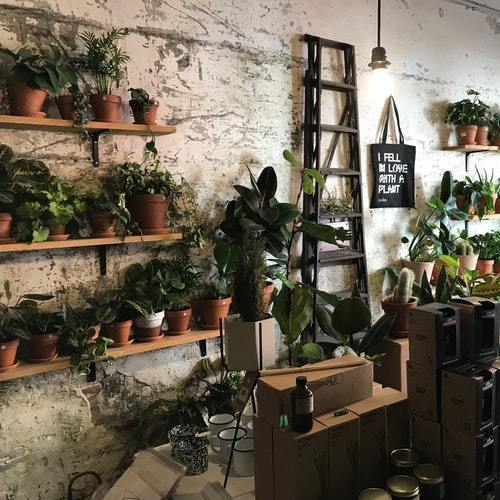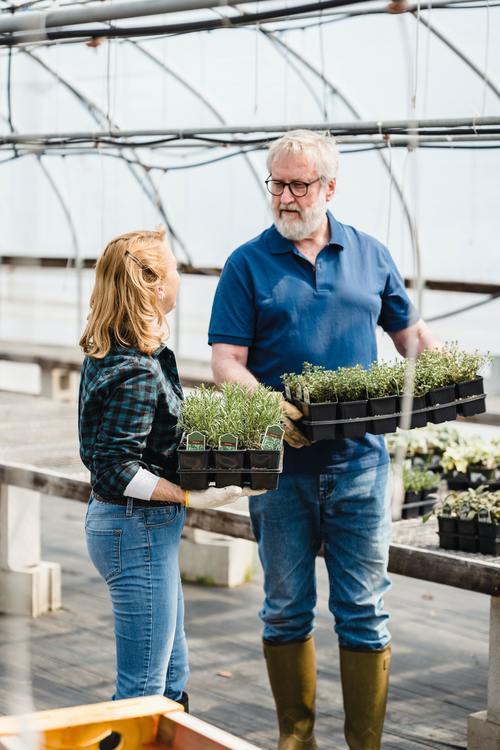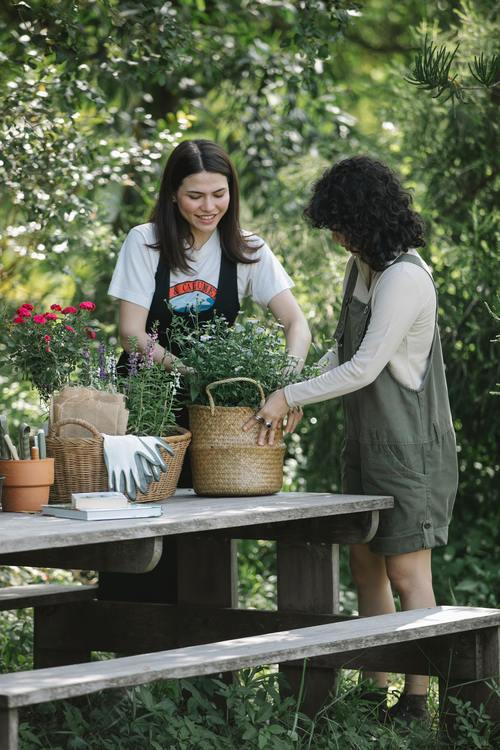The community garden, in all its various forms, has a long history in the UK. They help to bring people in different communities together as well as offering many social, health, environmental, and economical benefits for its participants. It’s an all-inclusive activity that is open to young, old, mobility impaired, and various ethnic and socio-economic groups. Community gardens are a real community builder.

Community gardens have been a source of food for many centuries in the UK. Perhaps the most well-known uses were during the second world war when food was heavily rationed. These gardens were also developed to create green spaces particularly in cities. Apart from growing food, they can be used for flower and herb growing, a sanctuary for urban wildlife, play areas, and general public places.

If you want to start a community garden, but are inexperienced in plant care, there is help available. You can invest in a plant care app to get you off to a good start. Planta is a convenient app on your phone that will automatically send you reminders about actions you need to take for the care of your plants whether it’s watering, fertilising or repotting. The app will help you learn about plant care and covers many types of plants such as cacti, vegetables, foliage plants, flowering plants, and herbs. Dr. Planta will also help to create treatment plans for when plants are not doing so well.

Community gardens can become a focal point in the community offering much more than opportunities for gardening. The volunteers often arrange seasonal fetes, celebrations, play sessions for young families, and educational workshops for local residents and schools. Some community gardens even offer therapeutic gardening sessions.
The therapeutic benefits of gardening are well-known aiding both physical and mental well-being. The health benefits are numerous. Gardening helps to reduce stress and high blood pressure as well as burning fat and strengthening the heart. It raises self-esteem knowing you helped something to grow and giving a sense of purpose. It also gives opportunities to socialise with other people, and even members of your own family helping to reduce loneliness and isolation.
The benefits of community gardens run far and wide. People’s health can be improved by eating more fruit and vegetables that can be grown organically without the use of pesticides. They provide a sanctuary for both people and wildlife-a safe and healthy place to be. They help to build and empower communities bringing diverse groups of people together in a common endeavour. Perhaps in this pandemic era, we need community gardens more than ever as a means for fighting loneliness and food scarcity.






